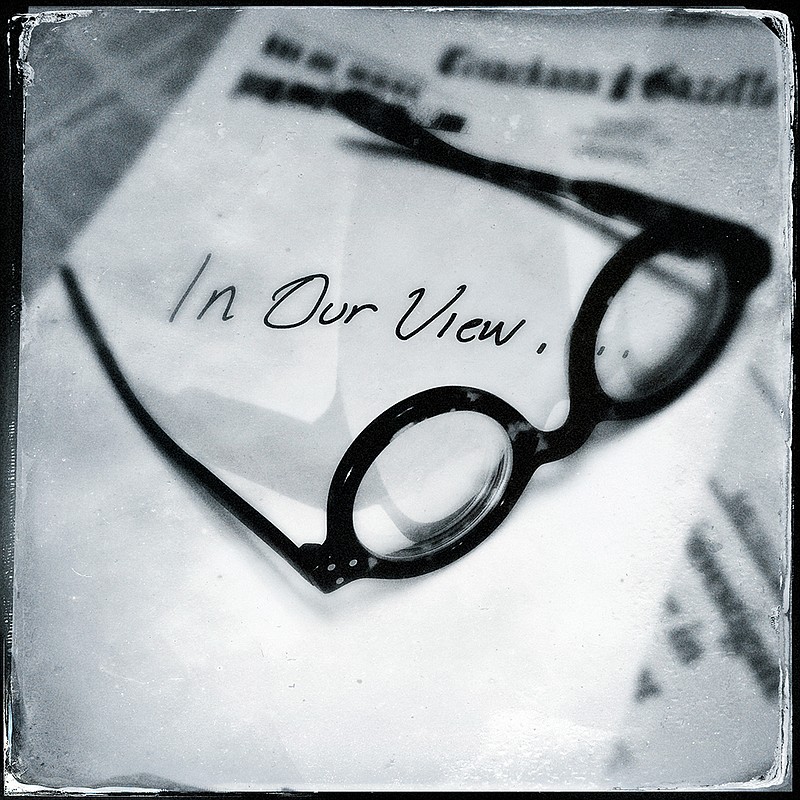North Korea's dictator Kim Jong Un has nuclear weapons. And the fundamentalist Muslim government in Iran is doing their best to develop its own.
That's something that rightly concerns many Americans, including our leadership in Washington.
What to do about these threats is the big question. President Barack Obama favored sanctions and diplomacy. President Donald Trump may be inclined to a more aggressive approach.
Which is better? Who can say for sure?
Some say diplomacy just gives countries like Iran more time to work on the bomb. And North Korea? Well, what does diplomacy mean to someone as mad as Kim?
But others warn that taking military action in North Korea, for example, should be the very last resort. It could cost a lot of lives in South Korea and neighboring countries and might even land us in a confrontation with China. Potential military strikes in Iran pose their own concerns, especially considering that country's strong ties to Russia.
Another president faced a difficult decision 55 years ago this month. A decision that could have brought the world to nuclear war.
It was 1962. The Soviet Union loudly proclaimed in the United Nations that any attack on communist Cuba could mean war. And they took steps to prepare for just such an event by placing nuclear missiles on the island.
They hoped to establish a secret weapons base within striking distance of the U.S. It didn't work out like that.
Our U-2 spy planes detected the missiles on Oct. 14. And the standoff was on.
President John F. Kennedy confronted the Soviet Foreign Minister Andrei Gromyko, who insisted the missiles were meant for defensive purposes only.
The president and his advisers discussed options. An air strike could have taken out the missiles. But no one knew how Soviet leader Nikita Khrushchev would react.
A retaliatory strike against the U.S. or U.S. forces in Europe was a distinct possibility.
The other option was a naval blockade of Cuba.
But that was dangerous as well. International law defines a blockade as an act of war. So the Kennedy administration came up with the idea of a limited "quarantine" of Cuban waters-limited to weapons shipments.
It turned out to be the right course.
Several days of intense negotiations followed. Messages flew through intermediaries between the White House and the Kremlin. It seemed as if the world as we knew it could end any day.
But in the end, Khrushchev blinked.
A deal was struck. The Russians would withdraw their missiles in exchange for a pledge by the U.S. not to invade Cuba. The crisis ended Oct. 28, 1962.
President Kennedy made the right call. And while the Cold War continued, we have never faced any situation since where the threat of nuclear attack was so real.
North Korea and Iran have upped the stakes. And President Trump is the one who must deal with the situation. We wish him the best in the difficult times ahead.

